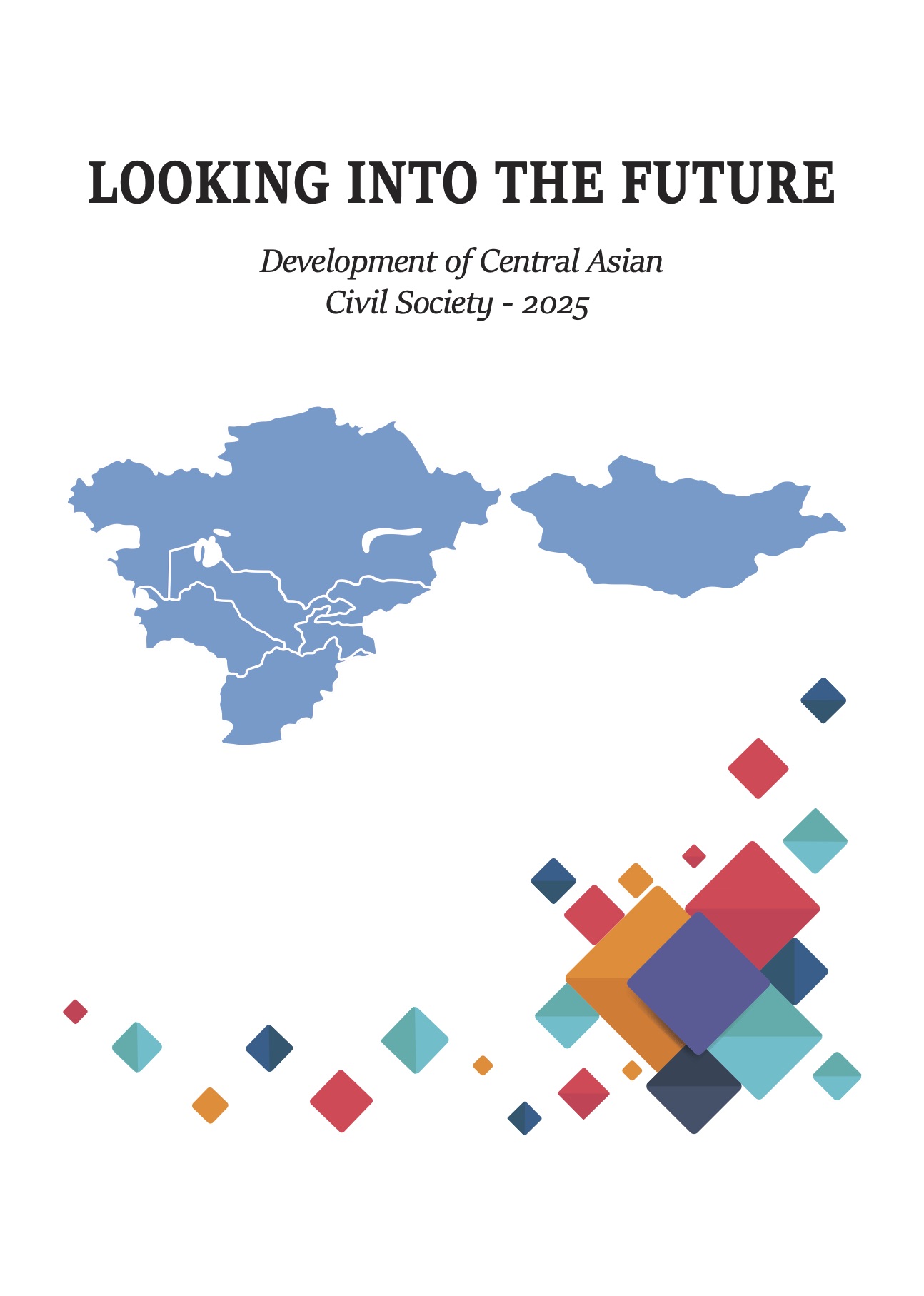ARGO Civil Society Development Association is implementing the “Partnership for Innovations – P4I” Program aimed at strengthening civil society in Central Asia and Azerbaijan through supporting and developing sustainable and inclusive network interaction between civil society organizations both within between the countries.
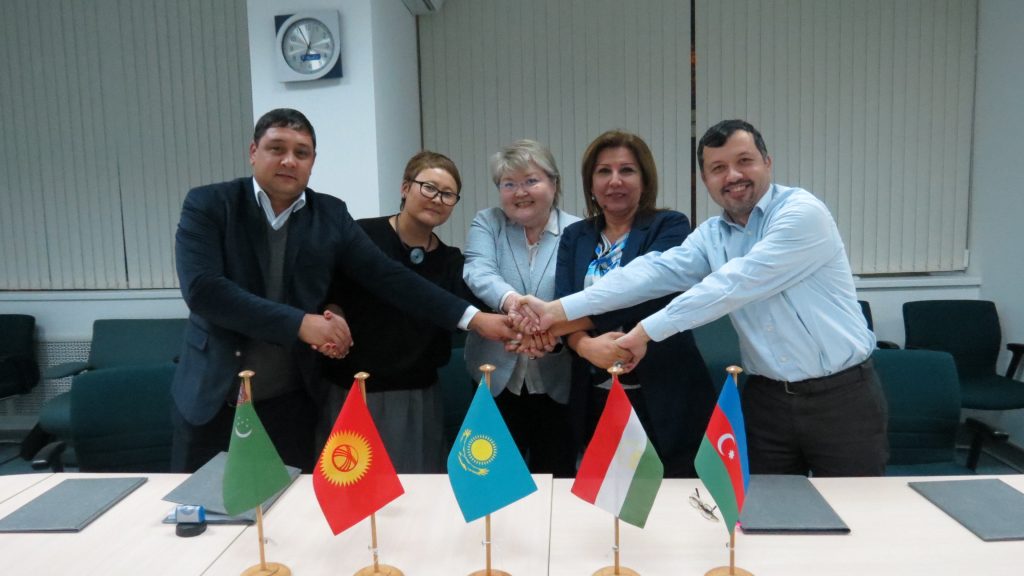
The project is being revised to shift the focus from regional connectivity, to greater concentration on bilateral Central Asian in-country needs and objectives. The GOAL of this P4I revised/refined program is to: Strengthen civil society in Central Asia to influence their respective governments on all aspects of local, national, and regional debate and policy making, representing the voices of their beneficiaries and constituents.
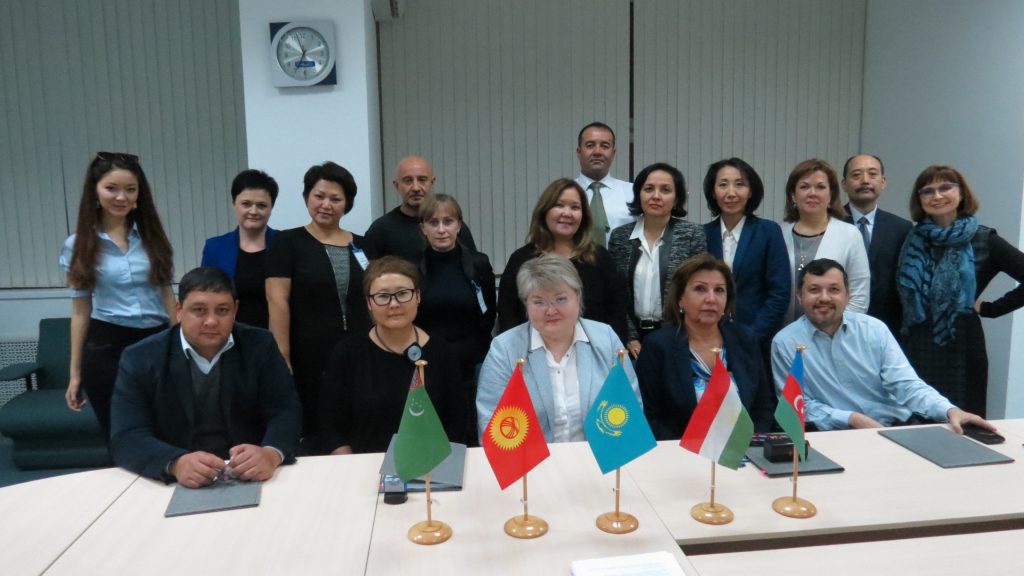
The P4I initial activities included research and discussions regarding the region and in-country situations for areas of common concern. The major outcome of the situational analysis of CSO and state interaction1 is that the current methods of government engagement are not effective, with CSOs lacking sufficient advocacy and intervention expertise. Therefore it is necessary to develop the CSO capacity in civic participation, policy making, advocacy, development of analytical skills, public private partnerships, community-based activities, and the use of innovative methods to work with stakeholders and achieve greater, cost effective results.
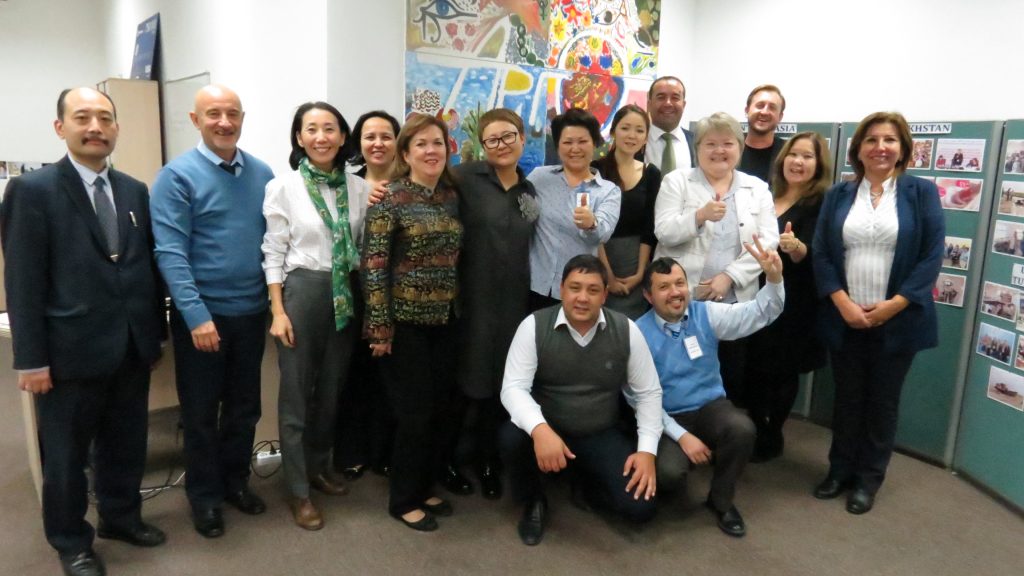
This revised P4I project has updated the objectives with the focus to increase the capacity of civil society to advocate and represent the voices of their beneficiaries at all governmental levels and improve the enabling environment for public participation and policy making. Additionally, the target country Azerbaijan has been removed, with the programmatic focus shifting to Uzbekistan. The series of reforms within Uzbekistan, including civic engagement and improving the governing of public participation mechanisms are positive steps towards developing a strong civil society. P4I is an excellent position to support the reforms and link Uzbekistan to the neighboring Central Asian states to share experiences, best practices, and lessons learned. In regards to the Kyrgyz Republic, the in- country activities have been expanded in accordance to country needs. Tajikistan is in the process of implementing small-grant projects within the country. ARGO and in-country partners are prepared to expand P4I activities within Tajikistan and Turkmenistan at the discretion of USAID. Currently, due to country specifics, Turkmenistan will primarily participate in regional events and virtual activities. ARGO will continue to implement activities related to P4I/Kazakhstan.The project will continue to be implemented using the established and proven decentralized approach with at least the following key-partners who were selected based on the complementary strengths of each organization – offering unique expertise in the core component areas of the P4I program and niche expertise in the target countries and at the inter-regional level.
- Development Strategy Center (DSC), Uzbekistan – DSC initiated communication with ARGO in 2017, with mutual participation in events hosted by both organizations, and the signing an MOU (please, see annex N2) for collaboration in the development of civil society in Uzbekistan.
- Civic Participation Fund, Kyrgyzstan – currently a P4I/ARGO partner, with extensive experience in promoting good governance, advocacy, and civic engagement.
- Fidokor, Tajikistan – current P4I/ARGO partner, with strong cooperative ties to national governmental bodies.
- Nature Protection Society of Turkmenistan (NPST) – current P4I/ARGO partner, and the largest Turkmenistani CSO, with affiliations in every region of the country, and the capabilities to implement international in-country activities.
The P4I goal will be reached through achieving the following objectives and outcomes:
Objective 1: Improve the enabling environment in the target countries for public participation and policy making, by encouraging CSOs and their respective governments to engage in dialogue and collaborative initiatives, P4I will:
- Strengthen cooperation between government and civil society by providing oversight and assistance for effective implementation of relevant legislation related to the civil society operating environment, civic space, and government-civil society interaction, and addressing community issues.
- Improvepublicparticipationprocessesthroughtheco-designandimplementationofAction Plans/Road Maps2 within public councils and relevant government authorities.
Objective 2: Increase the capacity of CSOs to be organizationally competent and effective; capable of engaging government bodies in both advocacy and collaboration so as to advance specific policy, service delivery, and legal/regulatory agendas, P4I will:
- Enhance civil society’s awareness, knowledge, and skills to engage government bodies in both advocacy and collaboration, representing and addressing the issues of their beneficiaries and constituents.
- EnableCSOsabilitytoimplementinnovativeinitiativesatthelocalandnationallevelsto address community needs and influence decision making processes, thus contributing to greater citizen engagement at the local and national levels.
This proposed approach is based on P4I research and recommendations, namely the Situational Analysis and Recommendations: CSO and State Interaction in Azerbaijan, Kazakhstan, Kyrgyzstan, Tajikistan, and Turkmenistan,3 and insights drawn from representatives of government – including the Kazakhstan Ministry of Foreign Affairs, and USAID, civil society, and academic institutions in Central Asia. ARGO and its partners also have extensive practical experience in remote and urban areas in all five countries of Central Asia, as well as experience running similar USAID funded projects. We recognize the importance of close coordination with other donors and implementers to ensure that P4I leverages other projects to increase our impact. In this regard, we emphasize the significance of the P4I Regional Cooperation Council’s role, which advises the strategic vision for P4I implementation, and thus further ensuring that the P4I project is in conjunction with the region’s needs and complements other donor or governmental initiatives, that are either active and/or anticipated. Additionally, as
PROGRAM OVERVIEW – GOAL, OBJECTIVES, AND OUTCOMES
P4I program introduces innovative civil society development approaches in the target countries. This is especially vital, as Central Asia and Azerbaijan continue to witness the shrinking of civic space through a combination of restrictions imposed within the legislative and economic arenas that undermine basic legal guarantees of freedom and CSOs sustainability. In addition to supporting the development of civil society and mitigating the shrinking civic space, the P4I program is also addressing a generational gap between the CSOs established during the first decade after the collapse of the Soviet Union and those that have been established in more recent years. Without a strong civil society, Central Asia and Azerbaijan, which continues to be influenced by the Russian political agenda, and expanding exposure to Islamic extremism, are increasingly becoming authoritarian states with ensuing poor human development conditions that breeds violent extremism, and thus threatening regional and global security. P4I is responding to this current reality by promoting civic participation in the democratization of state policies, building the capacity of CSO networks, and supporting an enabling environment for CSO development.
To address these issues, P4I will aim to achieve the following Goal, Objectives, and Outcomes:
The GOAL of this P4I revised/refined project is to: Strengthen civil society in Central Asia to influence their respective governments on all aspects of local, national, and regional debate and policy making, representing the voices of their beneficiaries and constituents. ARGO will reach the program goal through the following Objectives and Outcomes:
Objective 1: Improve the enabling environment in the target countries for public participation and policy making, by encouraging CSOs and their respective governments to engage in dialogue and collaborative initiatives, P4I will:
- Strengthen cooperation between government and civil society by providing oversight and assistance for effective implementation of relevant legislation related to the civil society operating environment, civic space, and government-civil society interaction, and addressing community issues.
- Improvepublicparticipationprocessesthroughtheco-designandimplementationofAction Plans/Road Maps within public councils and relevant government authorities.
Objective 2: Increase the capacity of CSOs to be organizationally competent and effective; capable of engaging government bodies in both advocacy and collaboration so as to advance specific policy, service delivery, and legal/regulatory agendas, P4I will:
Enhance civil society’s awareness, knowledge, and skills to engage government bodies in both advocacy and collaboration, representing and addressing the issues of their beneficiaries and constituents.
(I4C), ARGO will seek opportunities for P4I to capitalize on the synergy between the two projects, bringing additional global innovative initiatives to Central Asia.
- EnableCSOsabilitytoimplementinnovativeinitiativesatthelocalandnationallevelsto address community needs and influence decision making processes, thus contributing to greater citizen engagement at the local and national levels.
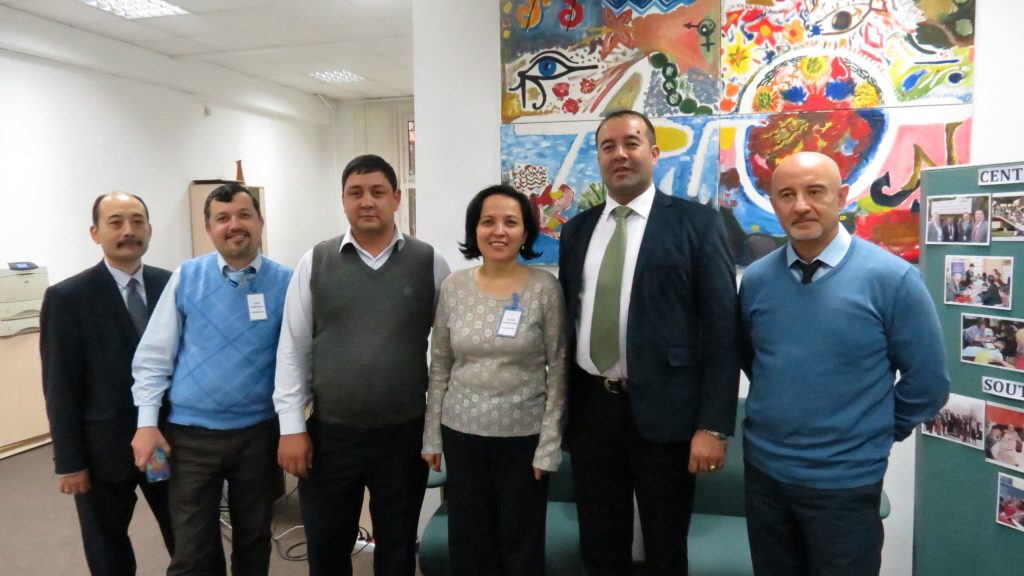
“Looking into the future Development of Central Asian Civil Society — 2025” is a vision that reflects the role, trends and prospects for the development of civil society in Central Asia for 5 years. The Vision represents an image of civil society (‘We are the ones who’) and defines strategic priorities for the development of civil society in Central Asia
LOOKING INTO THE FUTURE
Development of Central Asian Civil Society — 2025
